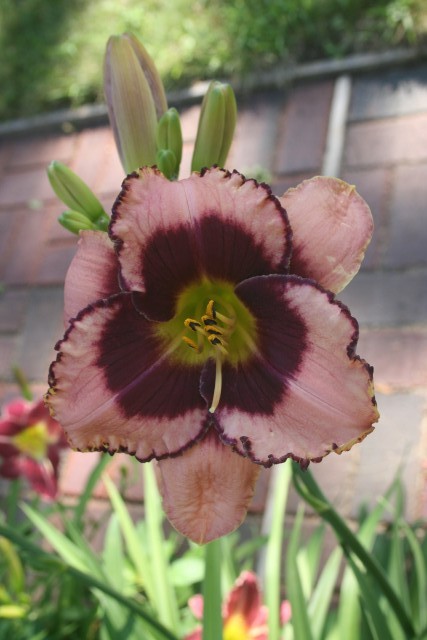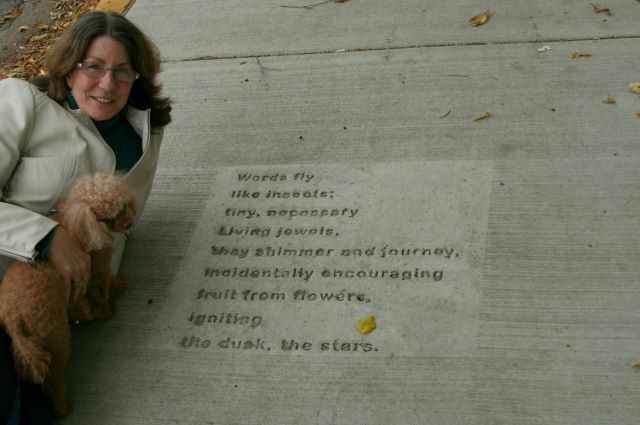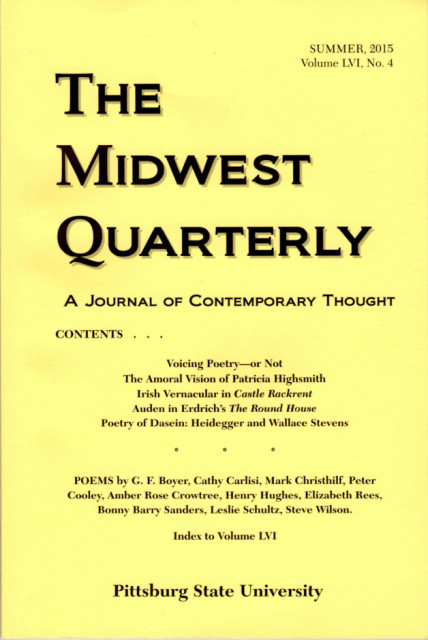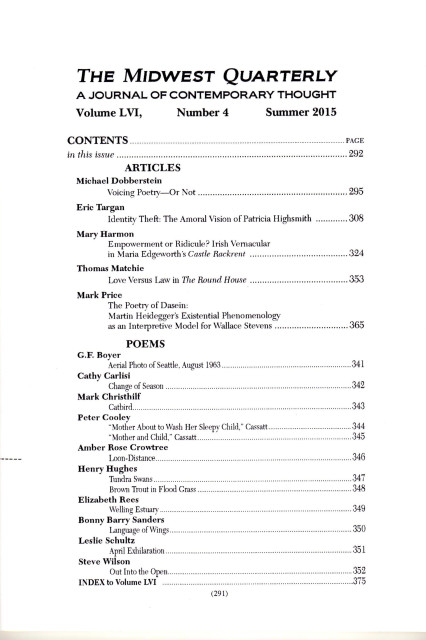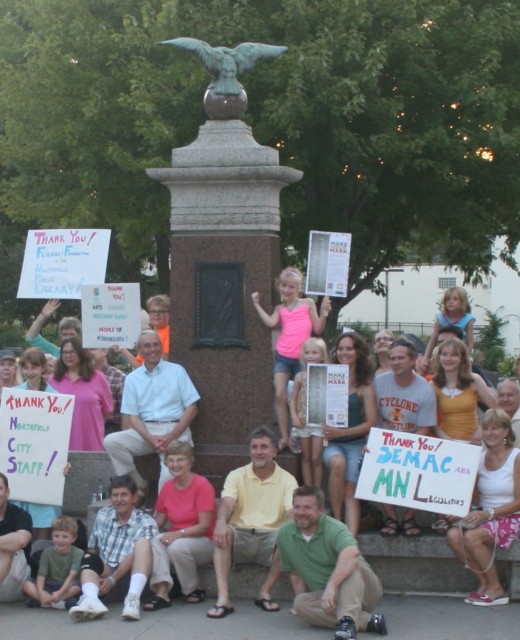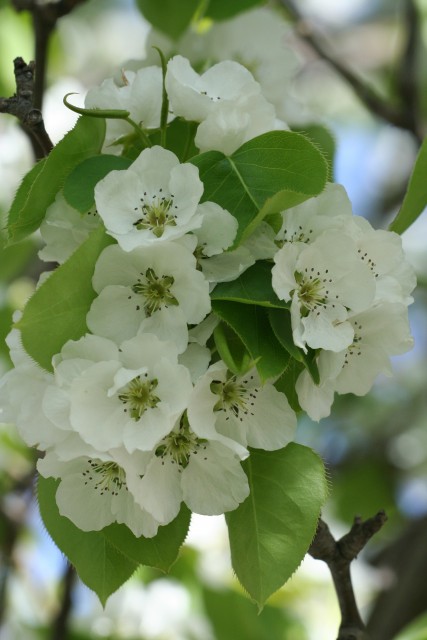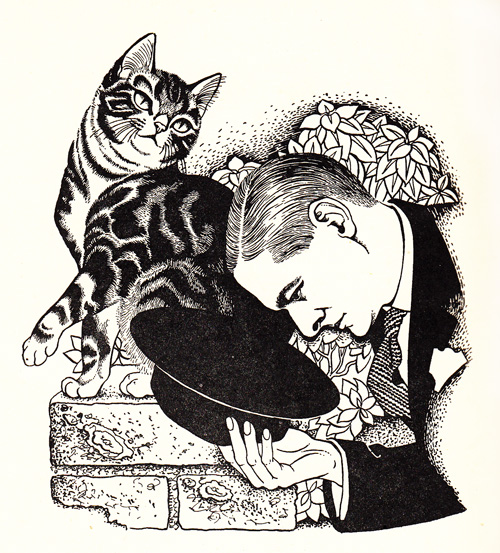Like any artist, I love to create the work I do, and I love to share it with others through publications, exhibitions, and sales. Below are some photos of artists in Northfield who are proudly standing by copies of their winning entries to the 2013 Sidewalk Public Poetry competition. Acceptance feels terrific!
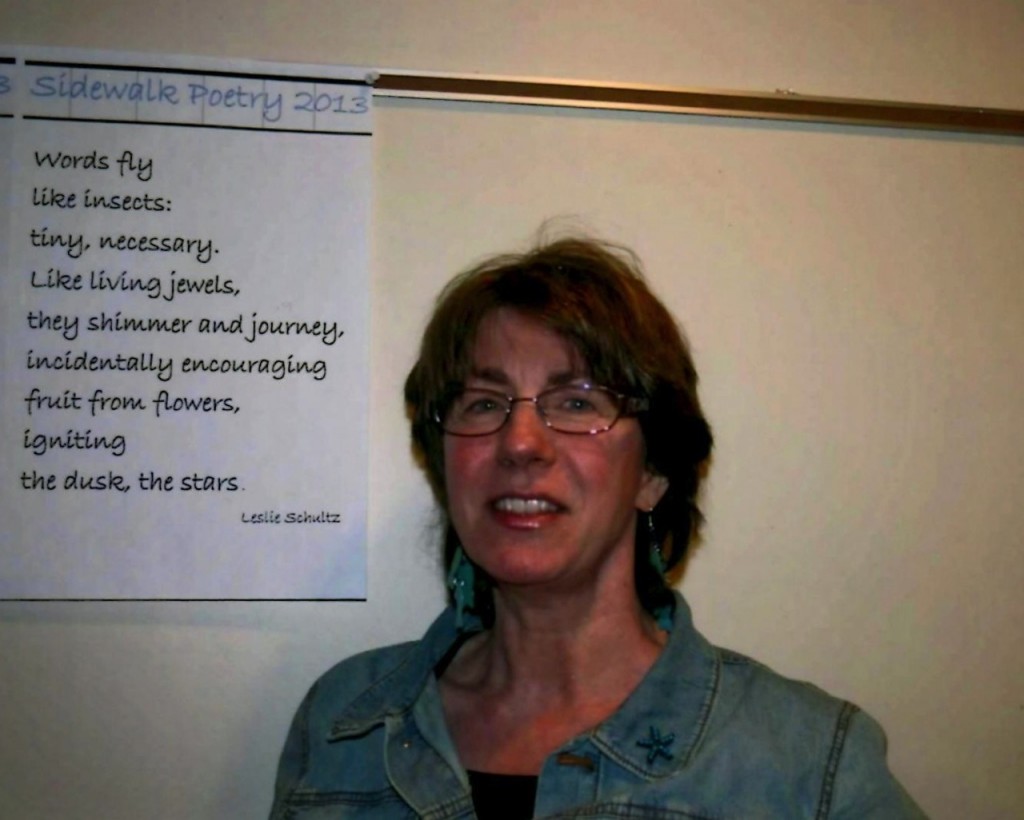
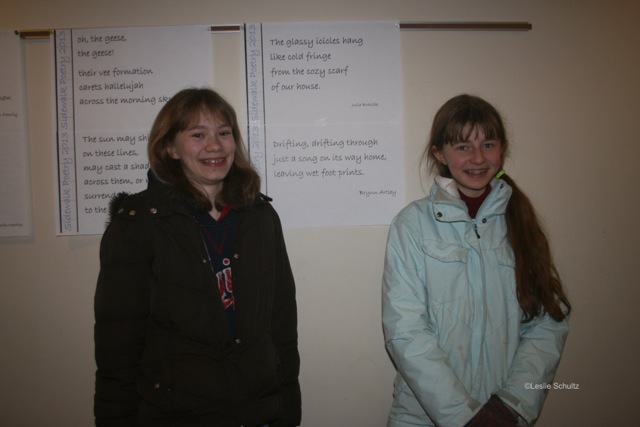
Intellectually, I know that rejection is also part of the process of submitting work, but – let’s be honest – rejection always stings.
Sometimes I’ve let the stings of past rejections prevent me from going to the effort of sending work out. If you are an artist, you know how it goes. To remind myself that my job is to support, even champion my own work—and to cheer you on as you pursue an audience for your own creativity–I am sharing an illustrated version of an essay I wrote a few years ago.
PRE-APPROVED!
Like many writers, what I find most grueling is the labor of sending work out to prospective publishers. Writing itself is filled with exciting unknowns. I wonder what an engaging character will say next and when the storyline will twist under my hands like a live thing. But the submissions process is riddled with the uncertainty of whether “they” will like what I have done.
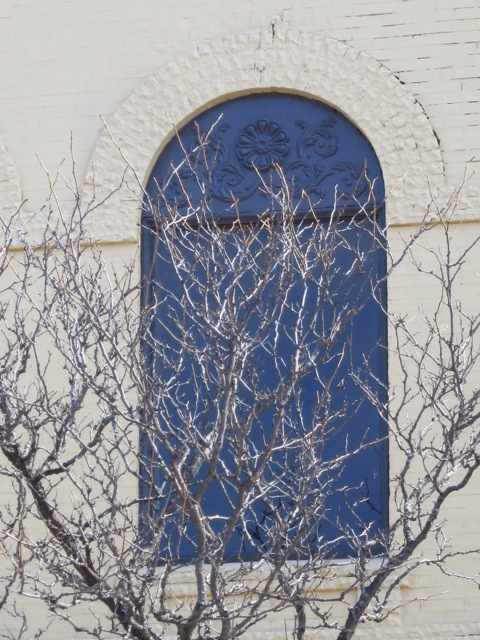
Frankly, what has stopped me in my tracks all too often is fear: fear of rejection by the nameless and faceless out there, the editors, contest judges, agents. As one veteran novelist in my writers’ group said, “It never gets easier. It’s always donkey work.” And so, I have slogged along and often bogged down, leaving the manuscript unsent.
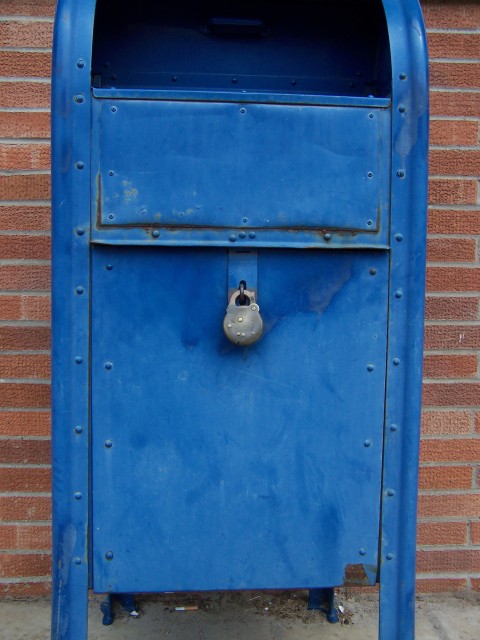
Last week, I was sorting the mail, scanning for replies to my latest attempts to place my work. I found one politely-worded rejection letter. Then I shifted my focus and found something else: in another marketplace I am assured of approval. Not literary, but financial. In the computerized and calculating corporate minds of multinational entities, I am “Pre-approved” for massive cash advances and flights of consumer frolicking. The interest is guaranteed. Plus, my identity will be absolutely protected. Wow! They must really like me – or at least my FICO score, the credit track record I’ve built up over the past twenty-five years. Paradoxically, what keeps them coming is my reflexive and steadfast rejection of them.
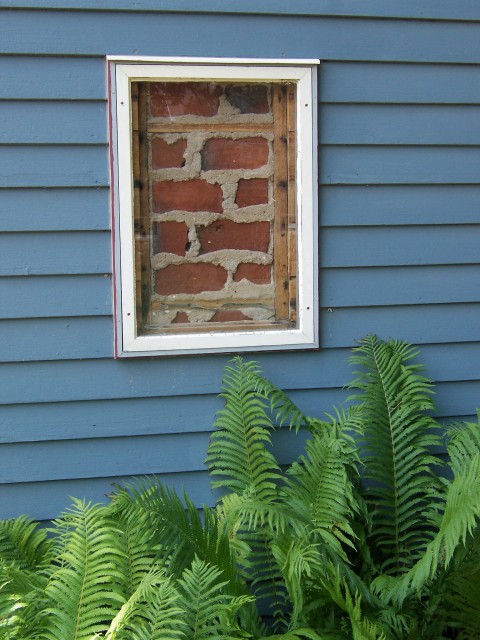
This unsolicited approval got me thinking. On the one hand, I am offered a Triple Diamond Mastercard for my history of financial solvency. On the other hand, I also have a history of literary accomplishment, including some small prizes, publications, and public readings. Why, then, do I so often “pre-reject” myself when it comes to my artistic life, where my real riches lie?
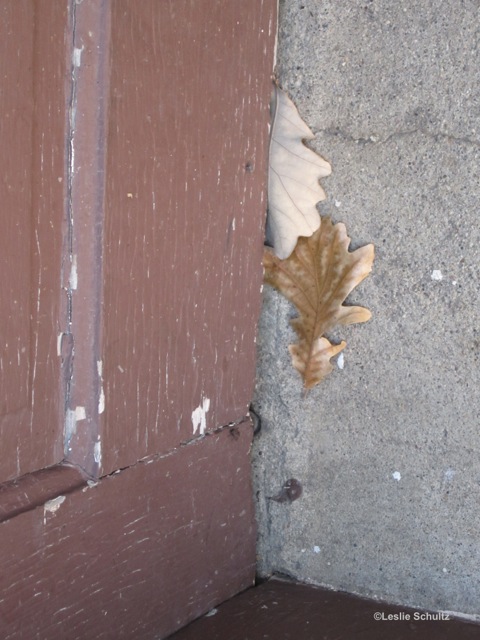
Yet, for me, outside approval of any kind barely registers. Years ago, as a twenty-something teacher of freshman composition at a state college in the deep South, I had sixty students who ranged from those who were polite, gifted, and articulate to those who were steadfastly disengaged and unable to make subjects and verbs agree. Of student evaluations at the end of the term, I recall only the negative one, and that verbatim: “Well, I guess she’s okay as a teacher, but I don’t like the way she dresses.” Ouch! A glancing blow, nothing to do with my teaching, but intended to wound and it did draw blood. The fifty-nine approving evaluations? I dismissed those as mere politeness.
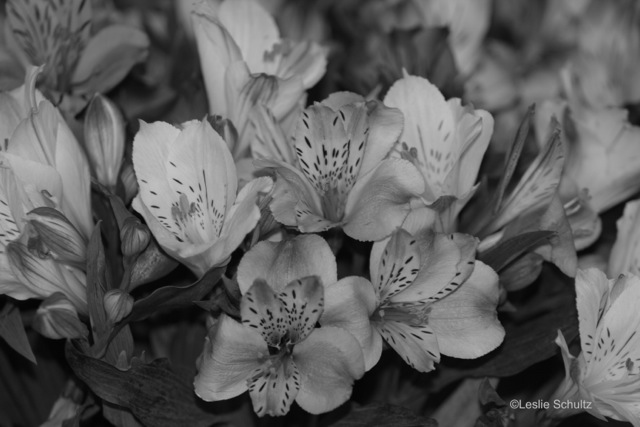
I know I am not alone in having rather thin skin when it comes to sending out my poetry, fiction, and personal essays. There is only the thinnest of boundaries between me and my work. While tact is important, and I do not need or desire to bare all on the page, nonetheless I find that personal honesty is essential for a powerful piece. To be happy with my work, I must say what I really think, dwell on what moves me deeply.

Work for clients is distinctly different. I have enjoyed the financial rewards I earned from writing for nonprofit organizations for the past two decades (the formative years for my shining FICO score). I have been privileged to assist fine institutions and inspiring people gain support for their work. My years as a writing consultant have been wonderfully satisfying on many levels, including freedom and finances, but they have also created a split for me between art and money, between private and public, that I am consciously trying to bridge. For business writing I have developed a deft touch, even a certain flair, but it is not my own art, and it has come at a cost: erasing my personality. Honest but persuasive business writing is essentially ghostwriting, because the personal point of view must be subsumed by the needs and voice of the organization.

To compound this, in recent years my artistic subject matter revolves around coming to terms with my family and community in order to understand myself. To be offering material fraught with the delicate nerve-endings of childhood perplexities and current preoccupations makes me that much more sensitive to the seemingly frosty atmosphere of the submission process. My habit is to by-pass the deep freeze that might be performed by strangers on my work by placing it immediately in my own cryogenic storage container (that bookshelf near my office door).
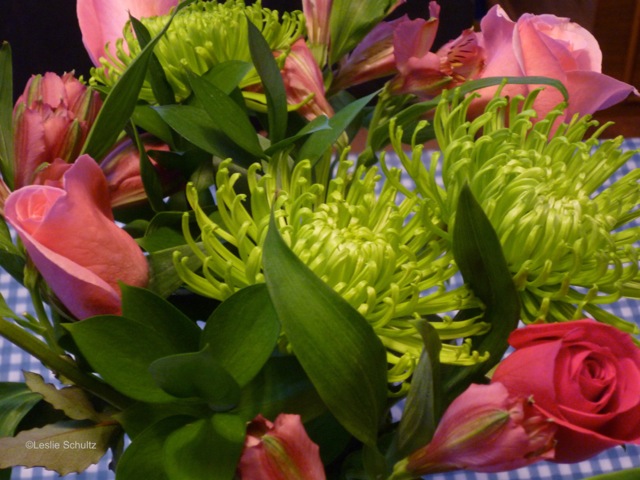
A few years ago, I became aware of my tendency to deflect praise. Maybe I thought it was the only way to attract more? In any case, I assigned myself three new steps. First, I forced myself to smile and say, “Thank you,” to compliments rather than brush them aside. Second, I listened and remembered. Third, I captured the compliments that sounded sincere, writing them down on an index file card and putting them in a file box. Today, that box is about half full. The compliments have come from strangers, friends, and family, and they range from the skin-deep to the soulful: “That jacket is the exact same green as your eyes—so pretty! (from a visual artist helping me choose art supplies); “You are a born teacher – I love your voice!” (from a student in a yoga class I taught); “Your poetry has roots in the unseen world” (from another poet); and – my favorite – “Mom, you are the best mom in the history of the universe, including aliens!” (from my then six-year-old daughter). I look through this box occasionally, and it is getting a little easier to read good things about myself, to recognize that other people value my life and my work.

So, today, I’ve decided to extend myself a special, unlimited offer. I am offering it to you, too. It reads like this:
“CONGRATULATIONS! Because of your excellent history and unparalled possibilities, you have been given a blank page. Fill it in with any amount of insight. Share it with those you know. Then share it with strangers. Enjoy what they share in return. The exchange rate will fluctuate, but the value of the page will increase. By accepting this offer of pre-approval, you have lifetime protection from identity theft. Rather, your identity will be stronger than ever, impossible to fake. Remember: you alone determine the prime interest.

Other News
 Late summer always make me think of daylilies. They aren’t flowers I knew as a girl. The first year I lived in Lake Charles, Louisiana, in an old rented house with overgrown flower beds, I encountered the daylily for the first time.
Late summer always make me think of daylilies. They aren’t flowers I knew as a girl. The first year I lived in Lake Charles, Louisiana, in an old rented house with overgrown flower beds, I encountered the daylily for the first time.
I had moved to Lake Charles to enter an M.F.A. program in poetry at McNeese State University. That same year, I first read a poem by Adrienne Rich that still resonates with me. It is titled “I Am in Danger — Sir”, a quote from a letter Emily Dickinson wrote to a respected editor, Thomas Higginson, who had major reservations about her work. In the body of the poem are these lines,
“…gardening the daylily,
wiping the wine glass stem…”
that continue to enchant me. They speak to the daily attention to small things that make a difference, that add up over time, tiny packets of effective effort that carry intention from the realm of wishing into concrete accomplishment. Every morning in its season, the daylily opens a new blossom; the gardener reaches up and removes the spend bloom from the day before. Similarly, to share work, an artist need to be the creative plant and the attentive gardener.
This year, my intention is to tame the submission process by doing just a little bit each day.


